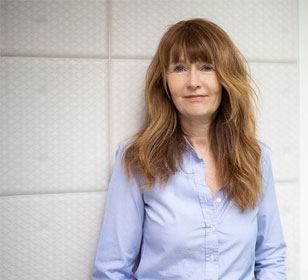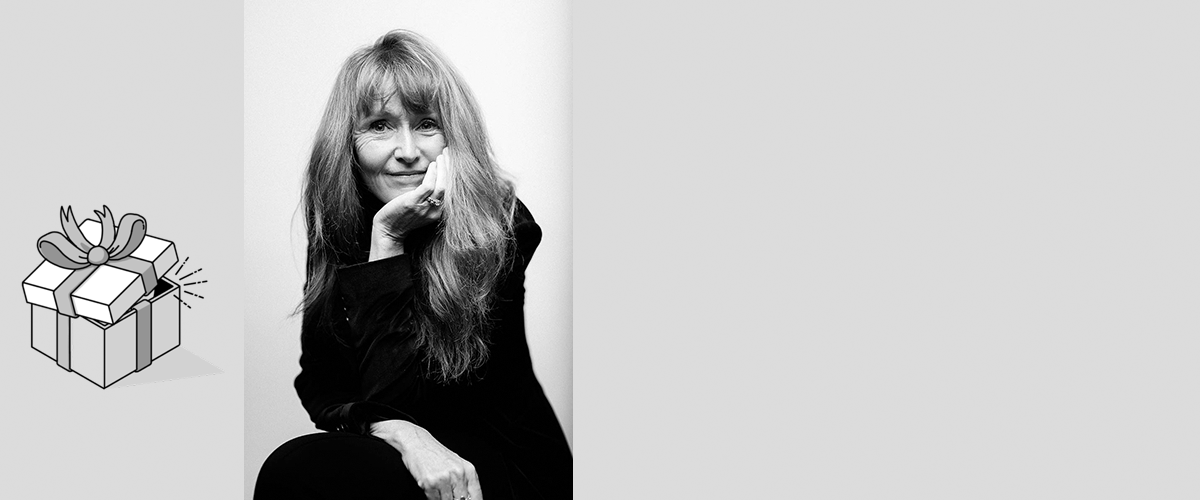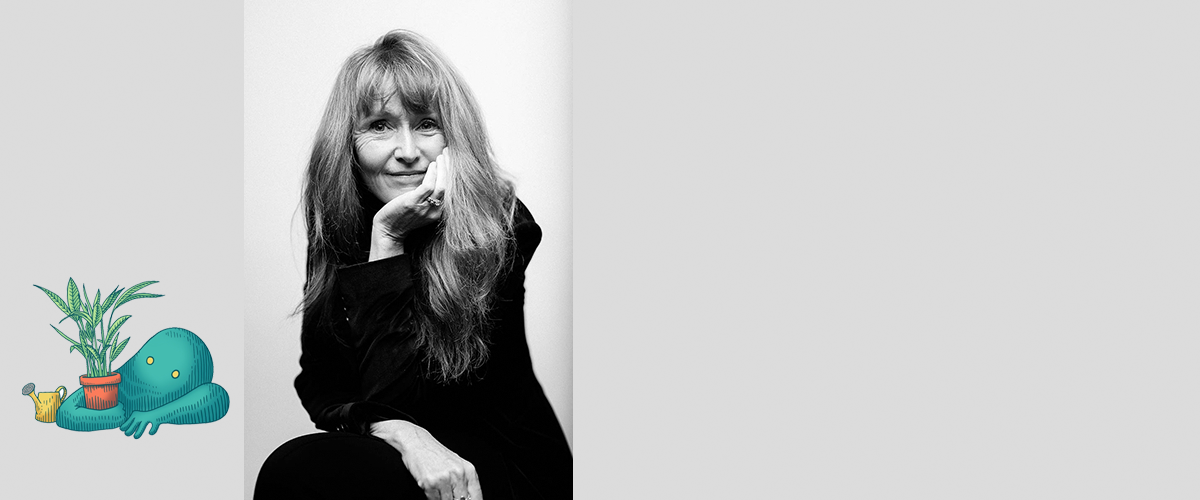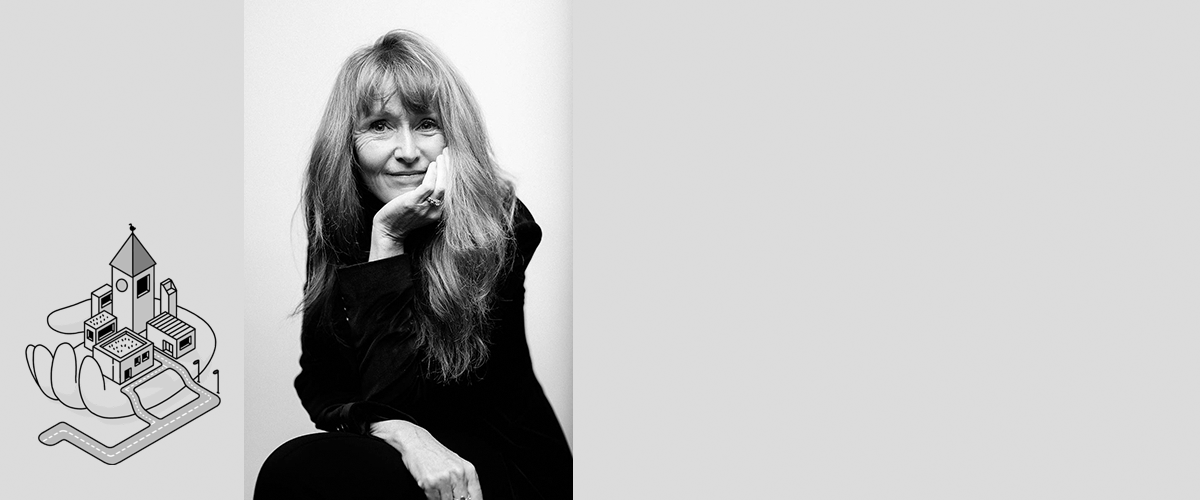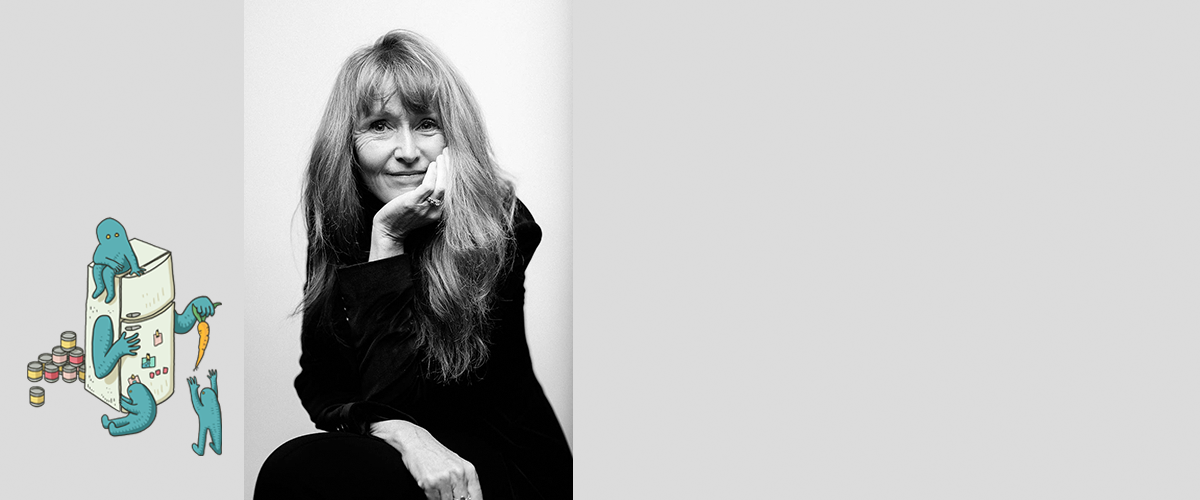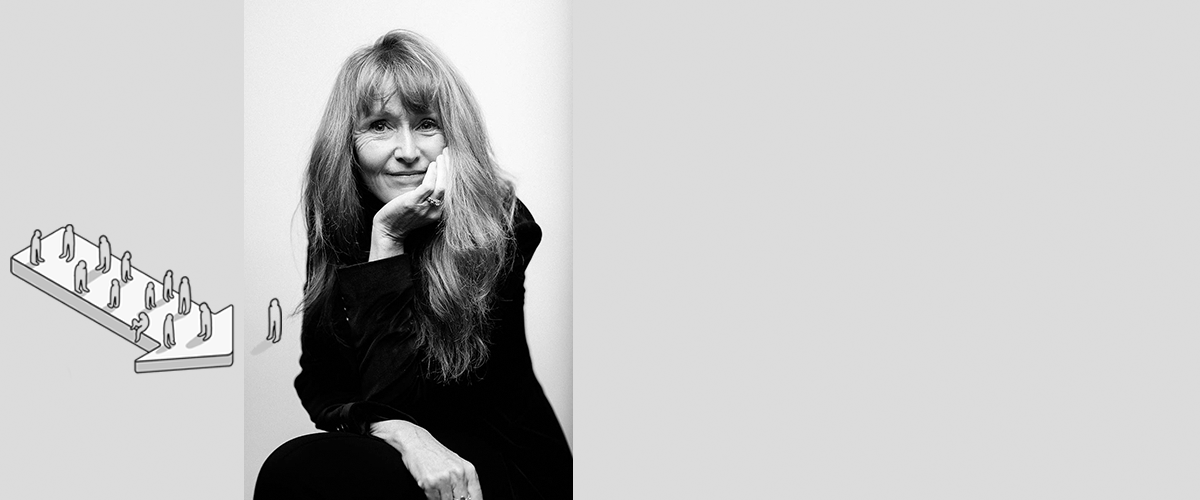I see myself as a “possibilist” – looking for those trends, ideas and possibilities that go beyond thinking in classic linear optimistic or pessimistic terms. My work is focussed on recognising interesting and effective strategies and opportunities for the future – trends that have the potential to fundamentally change how we act and think about the future of business, work and life. It is about a new perspective – looking at how we can combine the goals and needs of consumerism with the future of both social and ecological sustainability. How we can shift from efficiency to effectivity – so that we can live with abundance yet still be “kinder” to society, ourselves and the environment. How will our cities, buildings and homes and workplaces of the future look and feel? Is there one answer, a clear path, or even a magic formula? After 30 years of trend and future research I believe that it is not about short-term solutions, but about finding inspiration and new ideas that give us a long-term perspective. It is about what is possible not just probable, and, what can be better. It’s a fresh (female) approach to the future (in English or German).
The Kindness Economy
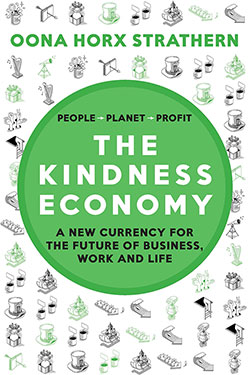 THE KINDNESS ECONOMY IS A POWERFUL NEW FORCE FOR CHANGE IN BUSINESS and a growing trend that will improve everything from how we work to how we live in our homes, communities, and cities. In an age of much unkindness, burnout, and some notoriously monstrous management, we need a new, positive vision for the future. In this book I present an optimistic look at how we can create a healthy economy in which we are kinder to people and the planet while still making a profit. Through examples and anecdotes as well as personal and professional insights, The Kindness Economy explores how we can combine values with value and think differently about how we want to spend, work, and live.
THE KINDNESS ECONOMY IS A POWERFUL NEW FORCE FOR CHANGE IN BUSINESS and a growing trend that will improve everything from how we work to how we live in our homes, communities, and cities. In an age of much unkindness, burnout, and some notoriously monstrous management, we need a new, positive vision for the future. In this book I present an optimistic look at how we can create a healthy economy in which we are kinder to people and the planet while still making a profit. Through examples and anecdotes as well as personal and professional insights, The Kindness Economy explores how we can combine values with value and think differently about how we want to spend, work, and live.
Order a copy signed by the author: thomas.alexander@horx.com
My Work: speaking, writing, inspiring
As a trend and future consultant I have worked for international firms such as Unilever, Beiersdorf, and the Deutsche Bank. I have spoken at congresses across Europe, from Finland and Portugal to Switzerland and Slovenia, booked by everyone from the IAA, ISPO, Female Future Festival, BMW, Villeroy & Boch, as well as top design, building and architectural fairs, and even a congress for midwives (see Events/References). I work with everyone from home design and building companies to organisations, associations, local government and city councils. No project, company, event or stage, is too small (or too large).
My Life
I am proud owner of an Irish passport, have lived and worked throughout Europe, hitched through Africa, and have taken up surfing and boxing the wrong side of 50. I worked for many years as a TV and print journalist for the Observer in the UK and currently live in our experimental self-designed Future Evolution House in Vienna with my husband Matthias Horx, occasionally with our two grown up children, Tristan and Julian, and a mad dog called Bubbles.
